
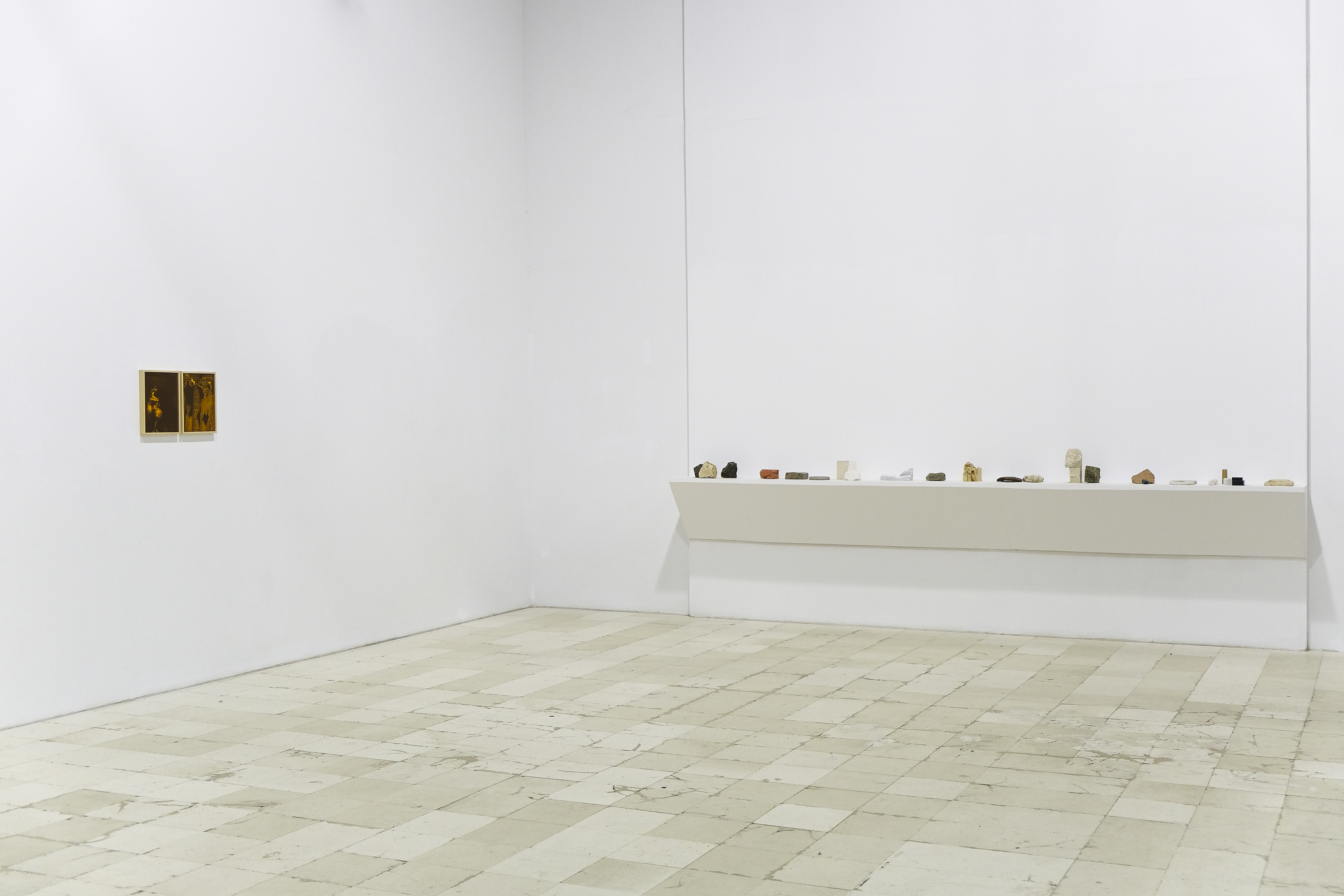
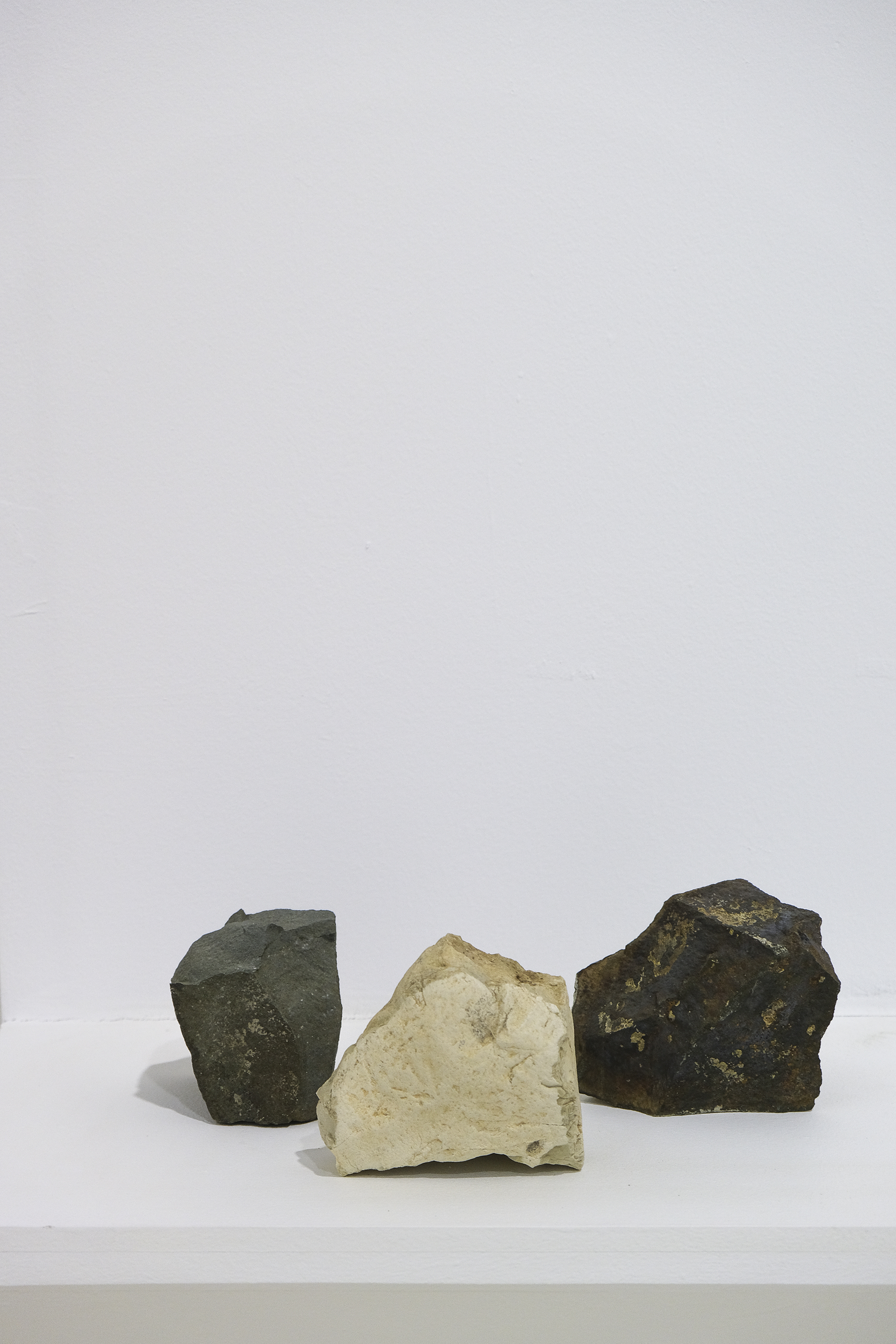




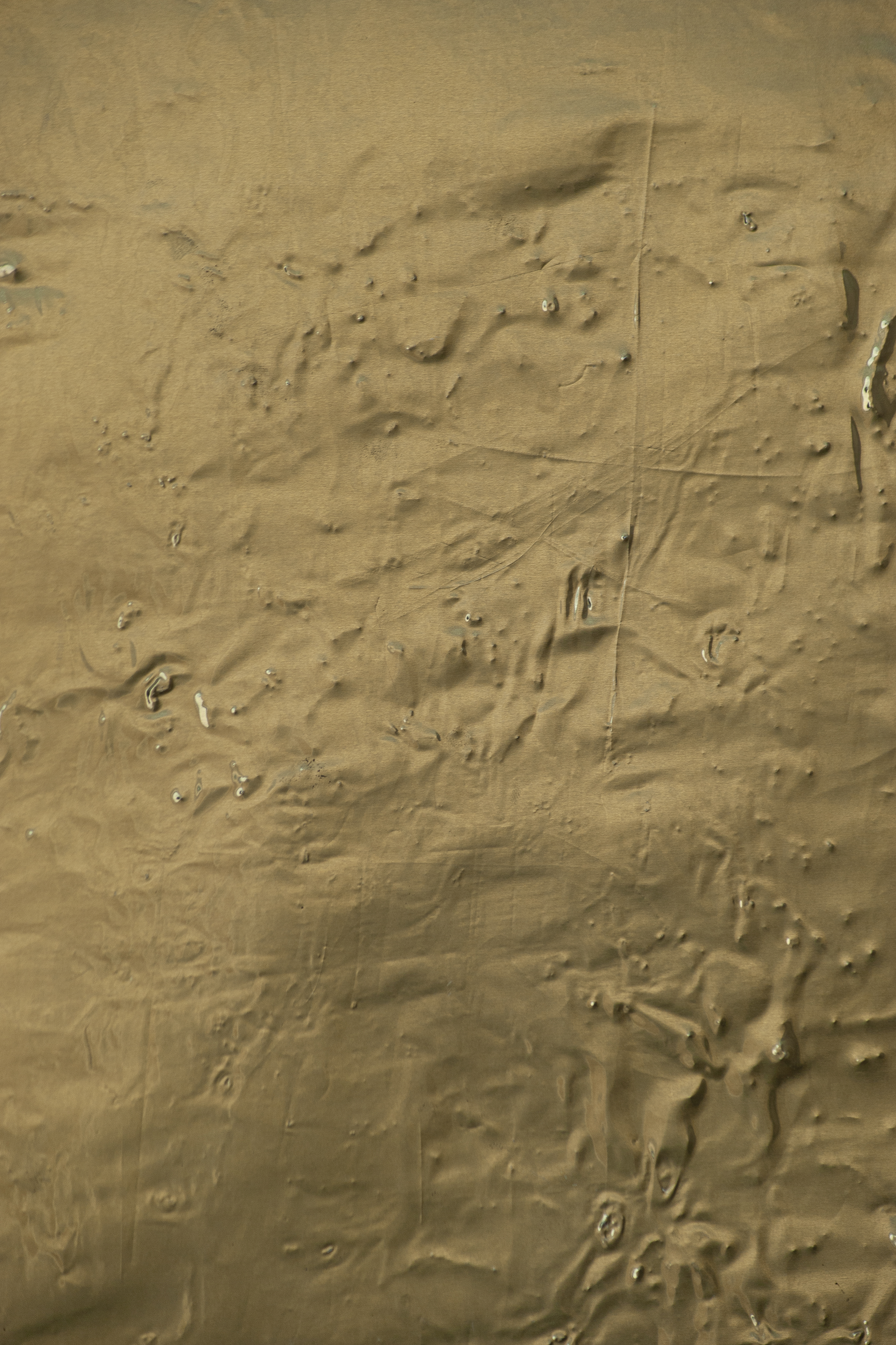
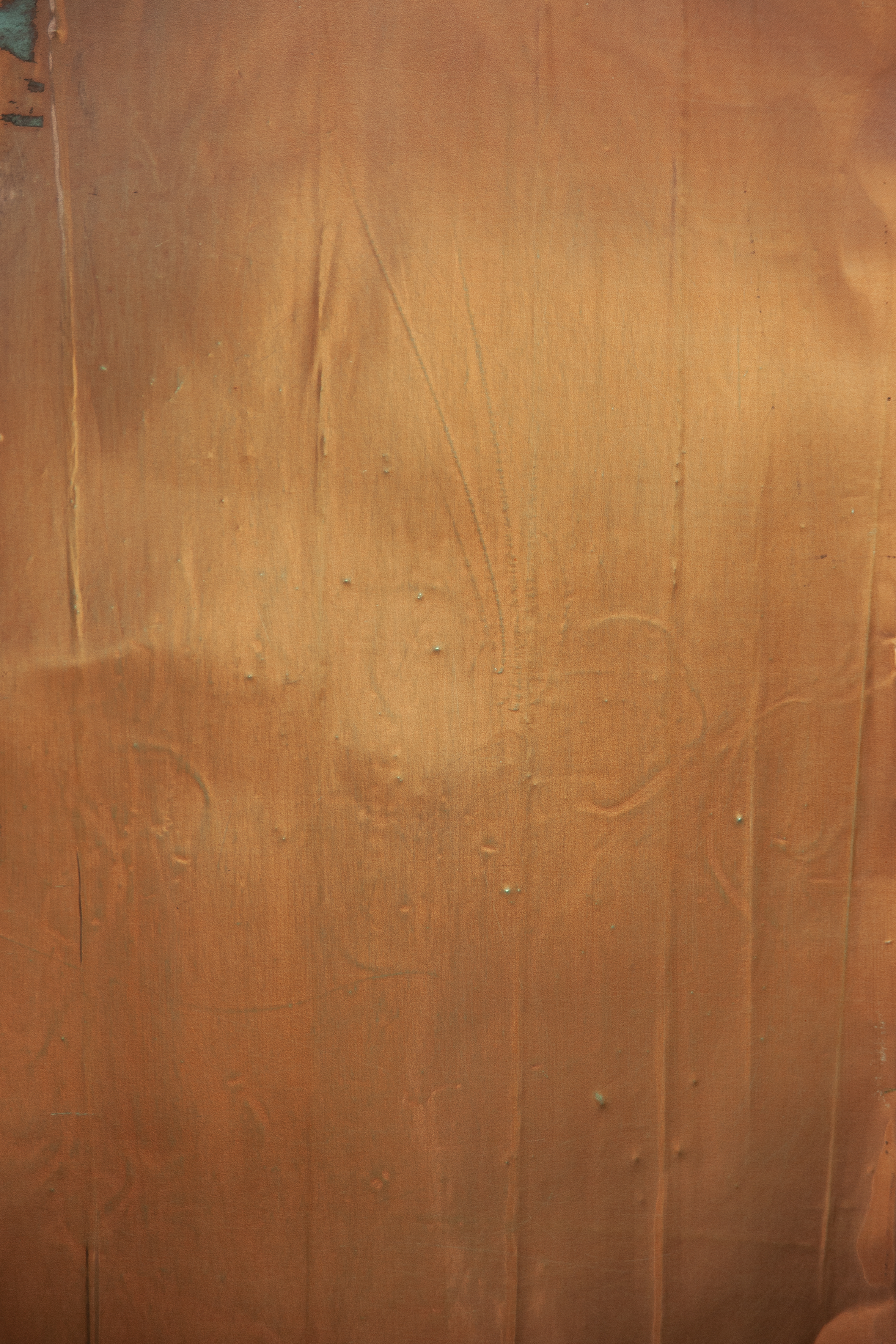
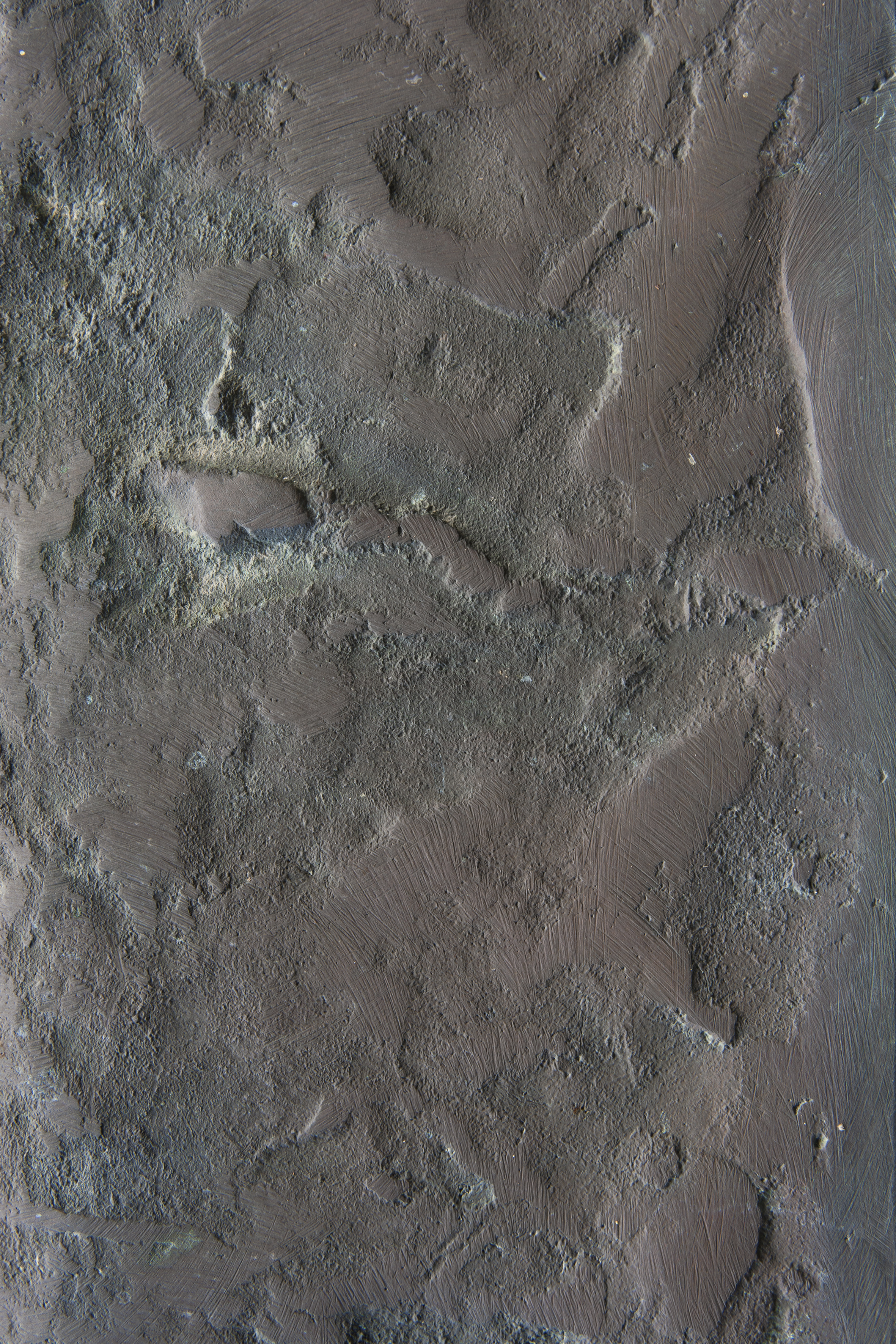
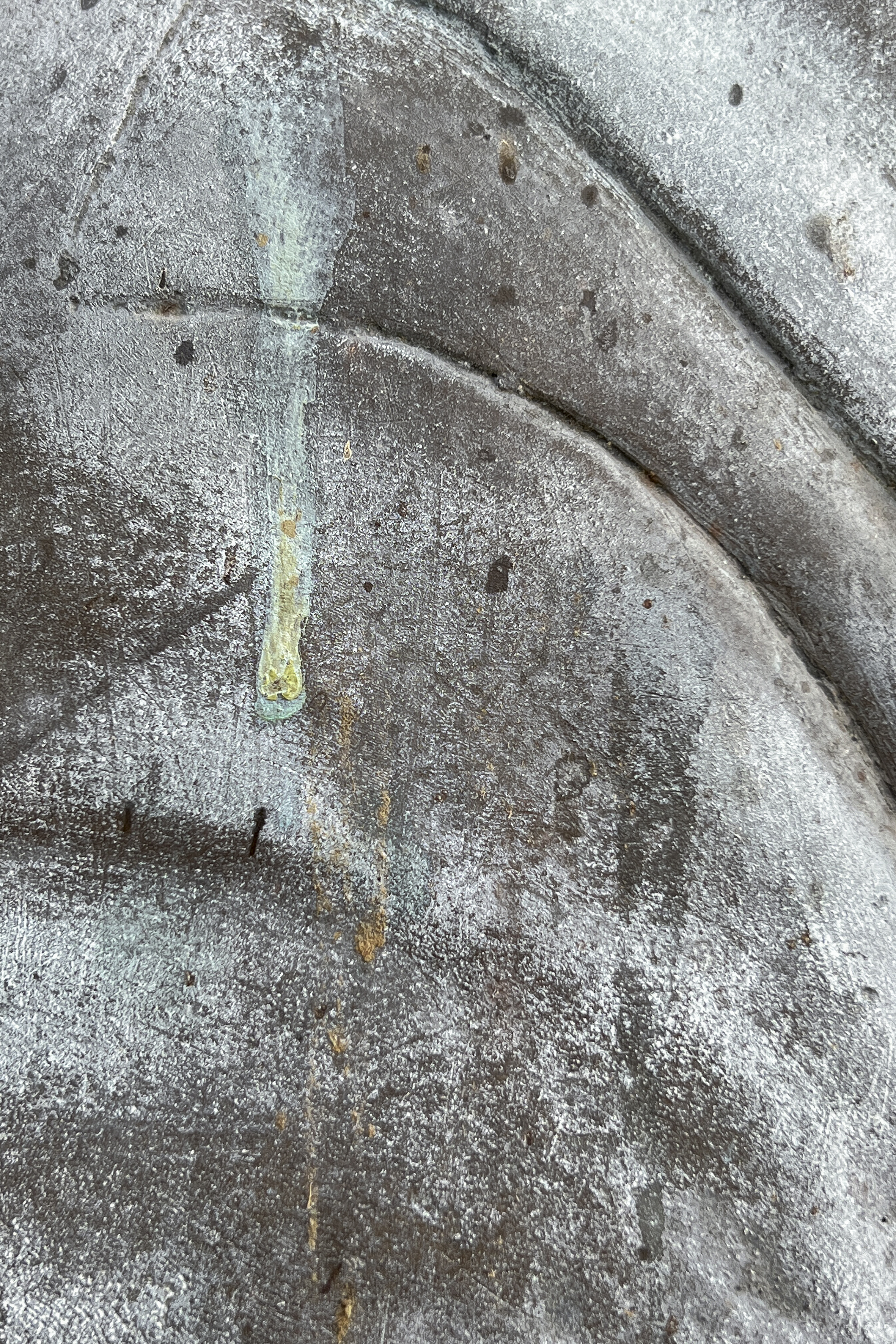
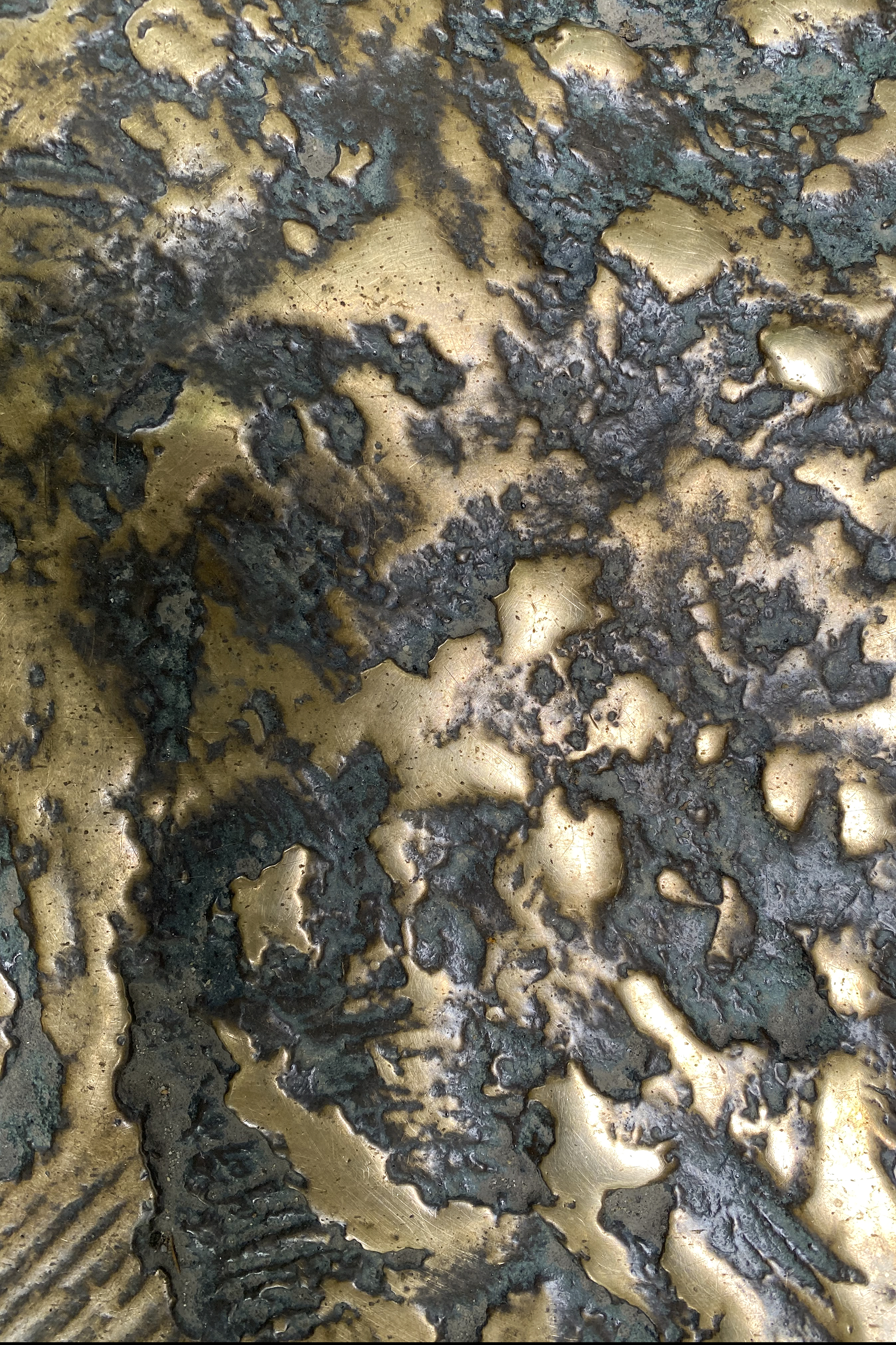
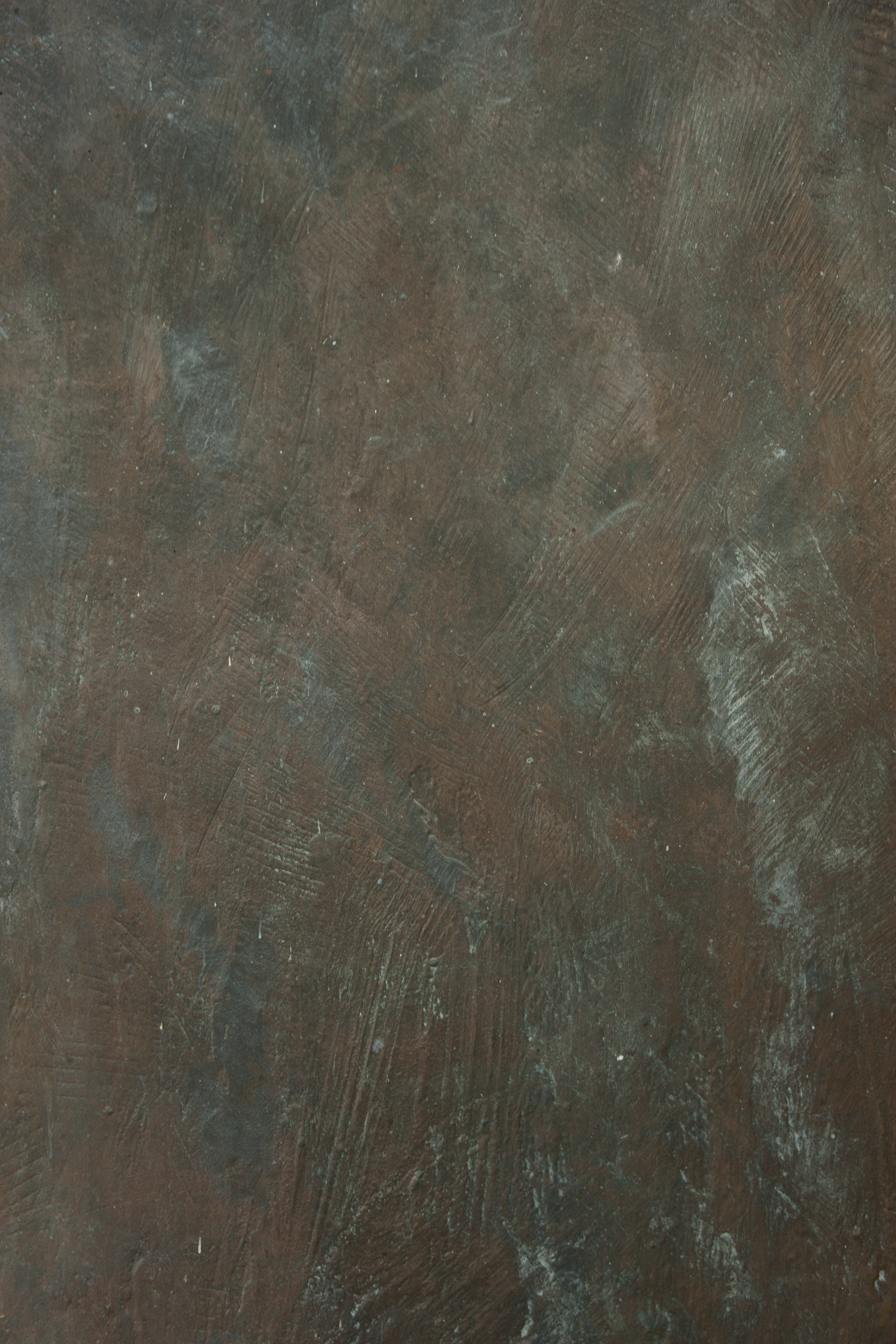
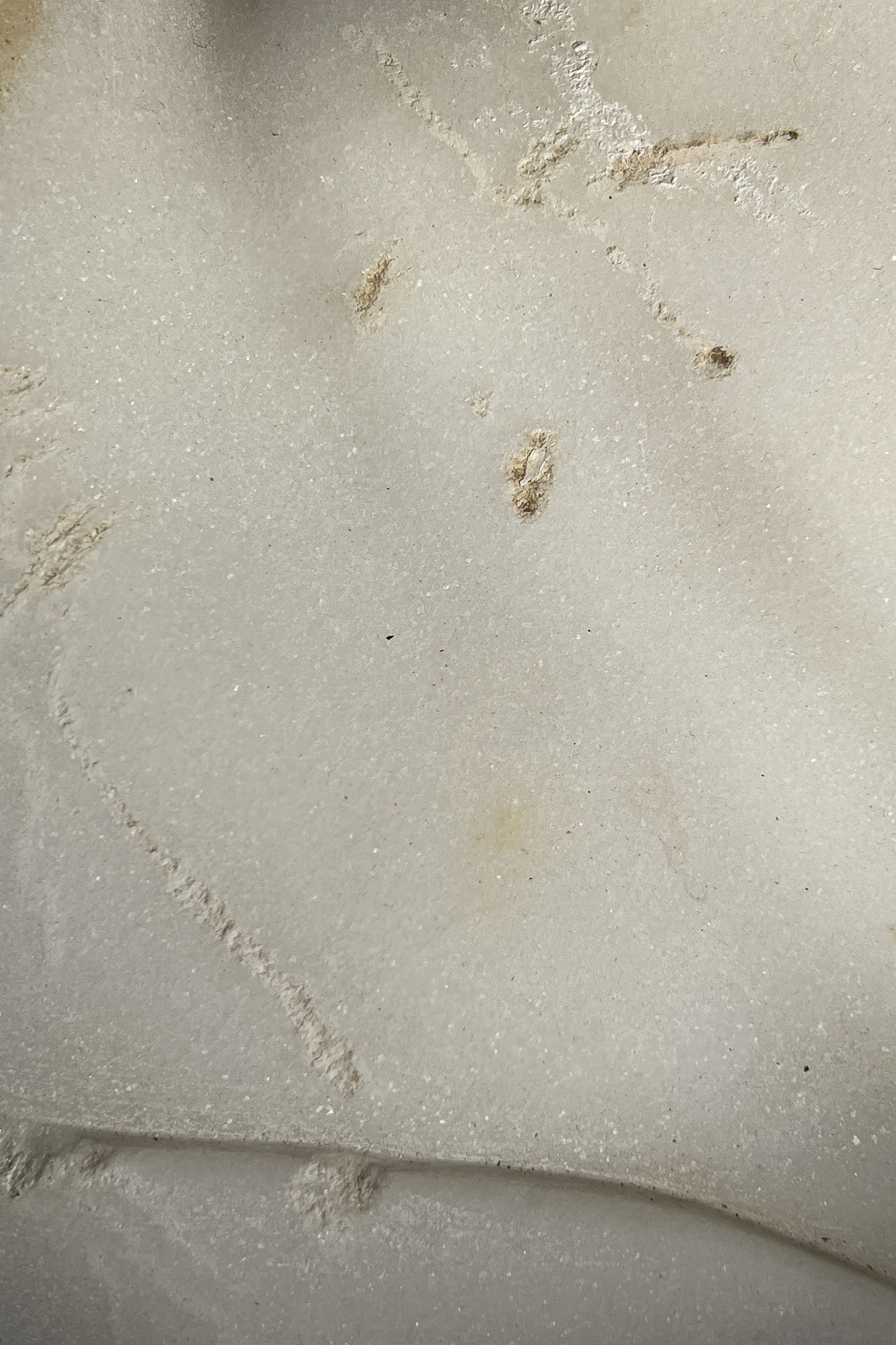
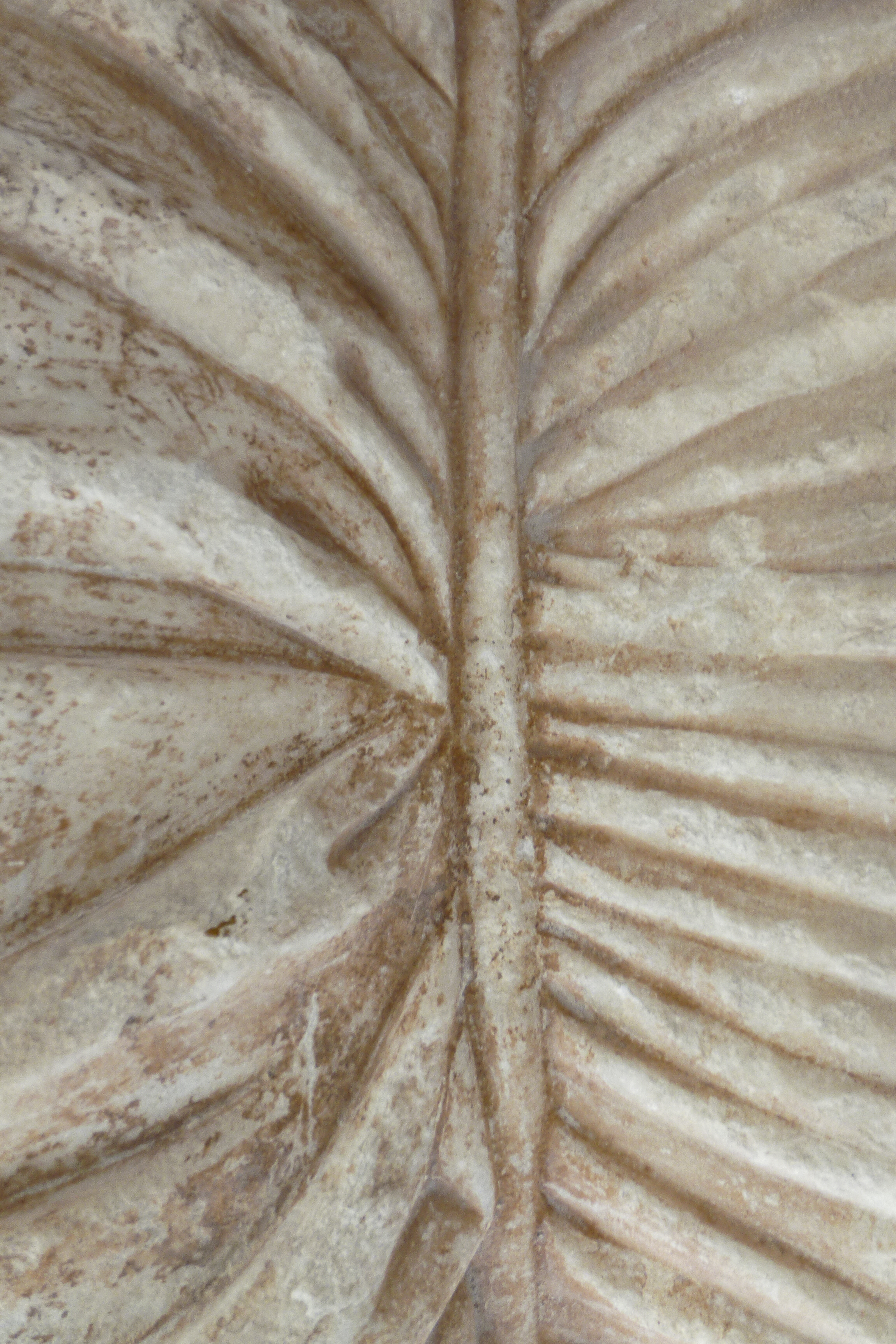
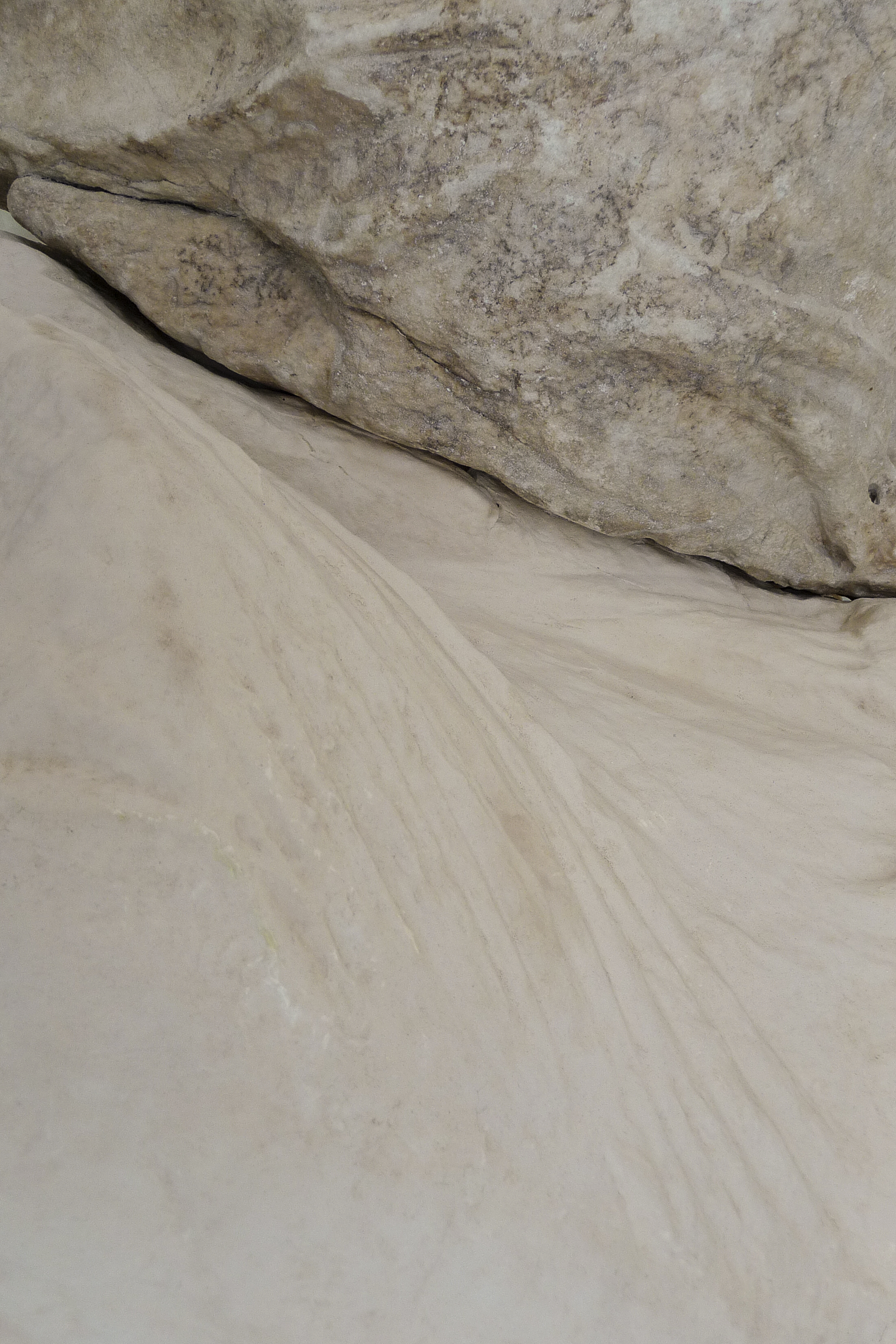
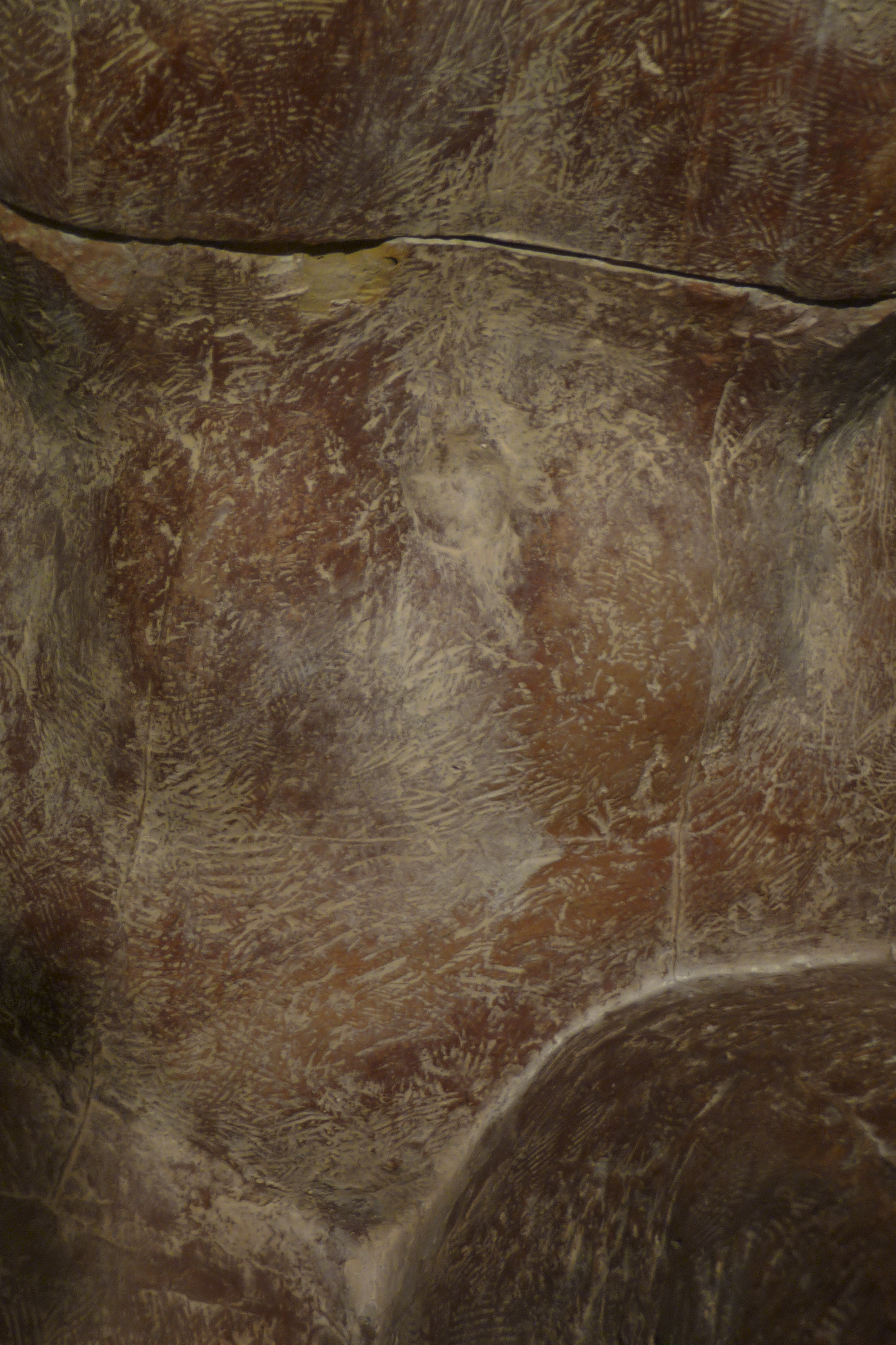
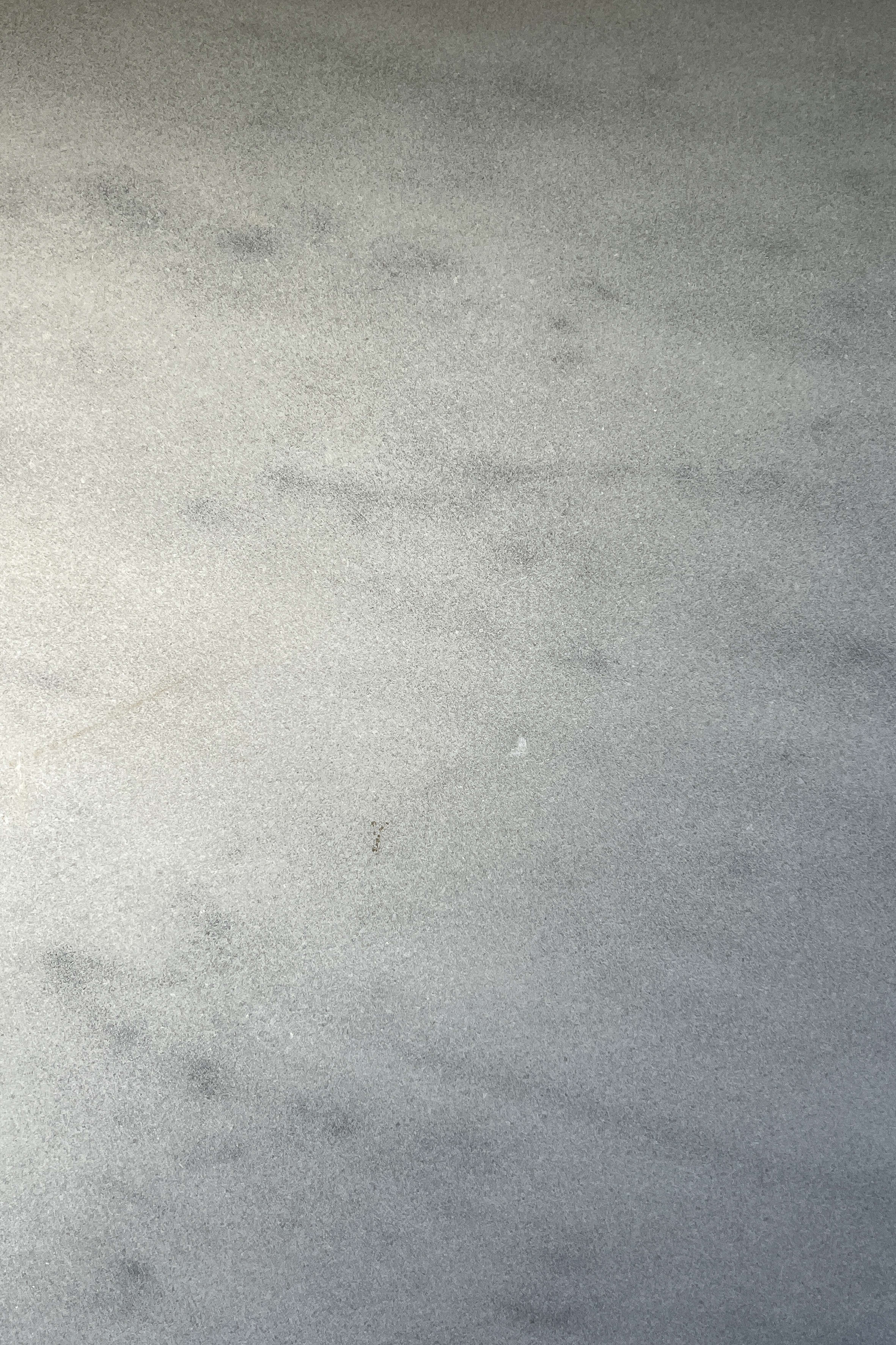
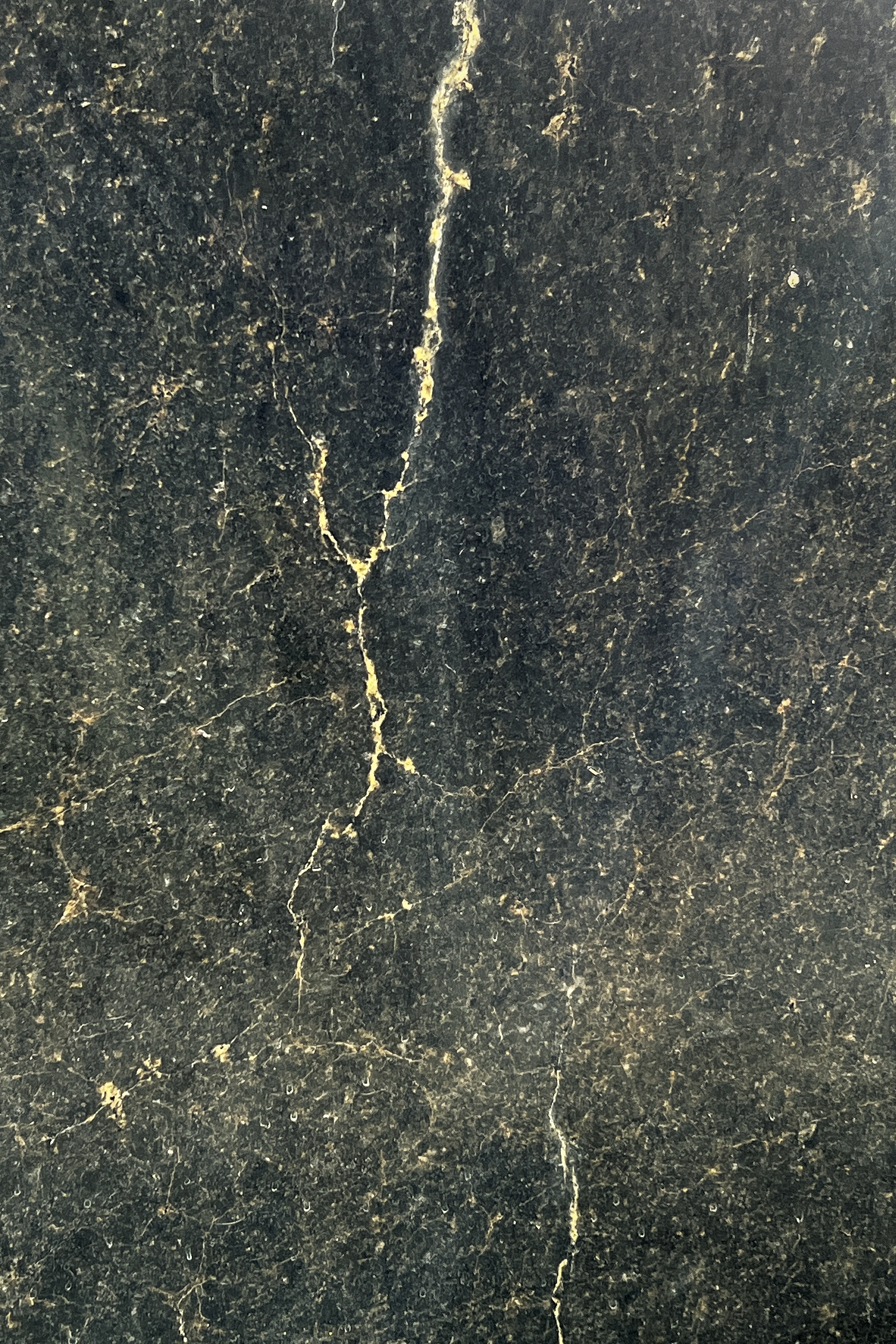
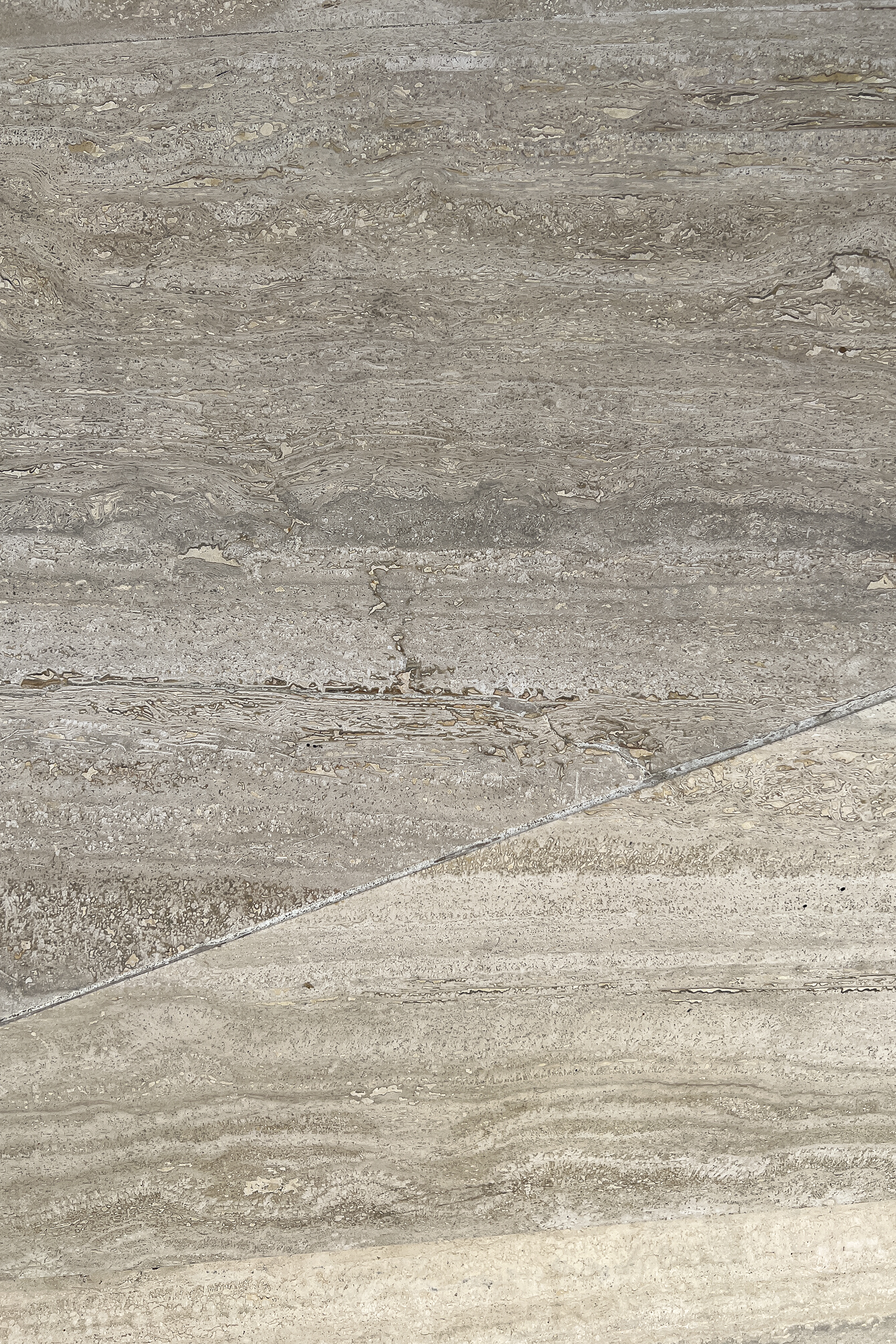
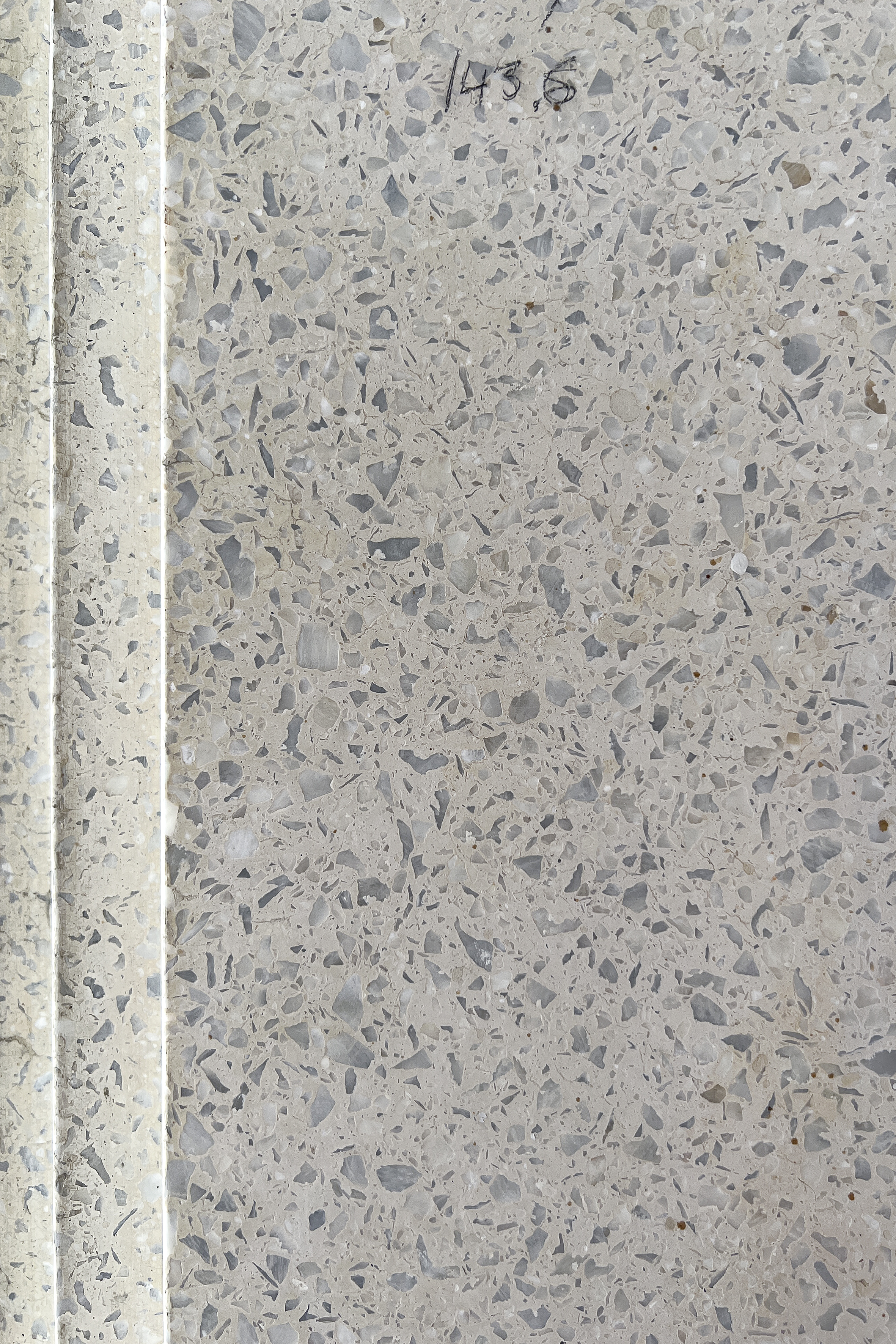
We Never Had Winners (But We Will Always Have Rocks), 2022
marble, granite, limestone, plaster, rock, concrete and ceramic fragments, pigments. dimensions variable
archival pigment prints. dimensions variable
marble, granite, limestone, plaster, rock, concrete and ceramic fragments, pigments. dimensions variable
archival pigment prints. dimensions variable
Marble and granite fragments, plaster casts, found ceramic scraps and
the occasional factitious bit, consolidate into a collection of artifacts, carefully
arranged and displayed as geological specimens on a white wall-shelf. Despite
the lack of information or classification, the reduction of scientific and
contextual conditions of its curation to an elementary presentation, the
selected objects appear to have been mined and/or point to a specific
geo-cultural topography. Juxtaposed to these objects, a series of abstract
photographic images, close-ups of geological material surfaces (photographs of materials
used on public memorial monuments in Cyprus) are presented in dialogue to their
material counterparts. Through this seemingly typological collection of
geological evidence of the past and their placement in an art-institutional
context, both objects and images suggest some sort of cultural or historical
value and significance and draw parallels to a museum-like display.
Referencing the museum paradigm, in which objects become historically
valuable and manifest as the ‘only class of historical events that occurred in
the past but survive into the present, they can be re-experienced; they are
authentic, primary historical material…’[1],
the installation comments on the institutionalization and function of a museum
as ‘the storehouse and protector of the
memory of humankind, through the objects held, documented and cared for in its
collections’[2]. If museums become places
where culture, history and memory meet, their mediated processes of selection,
collection and display construct particular narratives which at times become
problematic.
[1] Prown, J. D., “The Truth of Material Culture: History or Fiction?”, in Steven Lubar and W. David Kingery (eds), History from Things: Essays on Material Culture (Washington, DC, Smithsonian Institution,1993), pp. 2–3
[2] Black, G. “Museums, Memory and History”, Cultural and Social History 8 (3), 2011, pp.415-427
[1] Prown, J. D., “The Truth of Material Culture: History or Fiction?”, in Steven Lubar and W. David Kingery (eds), History from Things: Essays on Material Culture (Washington, DC, Smithsonian Institution,1993), pp. 2–3
[2] Black, G. “Museums, Memory and History”, Cultural and Social History 8 (3), 2011, pp.415-427